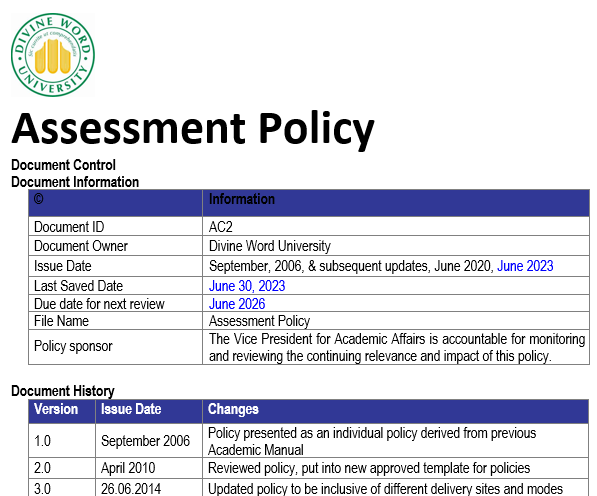Understanding Supplementary Assessment Tasks: A Fair Approach to Student Progression
As students, we often encounter various assessment tasks during our academic journey. These tasks serve as vital measures of our learning outcomes, contribute to our personal growth, and shape our path towards achieving our goals. In this blog post, we will delve into the concept of supplementary assessment tasks and shed light on the guidelines set forth by the academic policies at our esteemed institution. This statement aims to provide clarity on when and why supplementary assessment tasks are offered to students, ensuring equitable opportunities for all.
Academic Policies on Supplementary Assessment Tasks
According to the Assessment Policy outlined in Section 4.16, lecturers have the discretion to permit students to re-submit individual assignments if it appears they have not grasped the task requirements. The intention behind this provision is to ensure students receive a fair chance to demonstrate their understanding and achieve the learning outcomes of a particular unit. It is essential for lecturers to apply this policy equitably, preventing any disadvantage to students in the class.
The opportunity for supplementary assessment is typically offered to students who have obtained a final mark between 40% and 49% for the unit, as stated in Section 4.17 of the Assessment Policy. This approach supports student progression and helps them complete the requirements for the unit in which they received a fail mark. The supplementary assessment entails a new item designed to provide additional opportunities for students to showcase their acquired knowledge and skills.
Eligibility for Supplementary Assessment
To be eligible for supplementary assessment, a student must have attained a final mark within the range of 40% to 49% for the unit. The aim of this eligibility criterion is to provide an opportunity for those who are on the borderline of passing but require some extra support to meet the unit's learning outcomes.
Special Consideration and Supplementary Assessment
In practice, supplementary assessment tasks are usually offered to students who apply for special consideration, as specified in Section 3.0 of the Special Consideration Policy. Special consideration may be granted in situations where external factors beyond a student's control have hindered their ability to demonstrate their commitment to completing assessment tasks. Supporting documents are often required to strengthen the case for special consideration.
The Importance of Consultation Hours
As a lecturer, I strive to provide every possible avenue for my students to excel academically. In the learning guide I provide, you will find essential information such as my consultation hours, assessment task descriptions, instructions, and marking criteria. I encourage all students to utilize these consultation hours as a learning space to seek further clarification on assessment tasks and marking criteria.
Engaging in these consultations allows you to identify areas where you may need additional assistance and verify that your work aligns with the specified criteria. My expectation is that by making use of these resources, you will demonstrate your commitment to your academic pursuits.
Fairness and Equitability
It is important to highlight that supplementary assessment tasks should not be pursued by students who simply wish to improve their grades after performing poorly on an assessment. If a student has not shown a commitment to their studies or taken advantage of available resources, it would be unfair to reward them with a supplementary assessment task.
The purpose of supplementary assessments is to support students who genuinely need additional assistance in meeting the unit's learning outcomes. By adhering to this principle, we ensure fairness and maintain the integrity of our academic policies.
In conclusion, supplementary assessment tasks are an integral part of our academic policies designed to provide a fair chance for students to succeed. They are not an opportunity to replace poor performance on assessments for those who have not actively engaged in their studies. By adhering to the guidelines outlined in the Assessment Policy and the Special Consideration Policy, we can ensure a level playing field for all students, fostering an environment that promotes growth, learning, and academic success. Let us embrace the essence of supplementary assessment tasks as a means to enhance our educational journey and reach our full potential.

Comments
Post a Comment